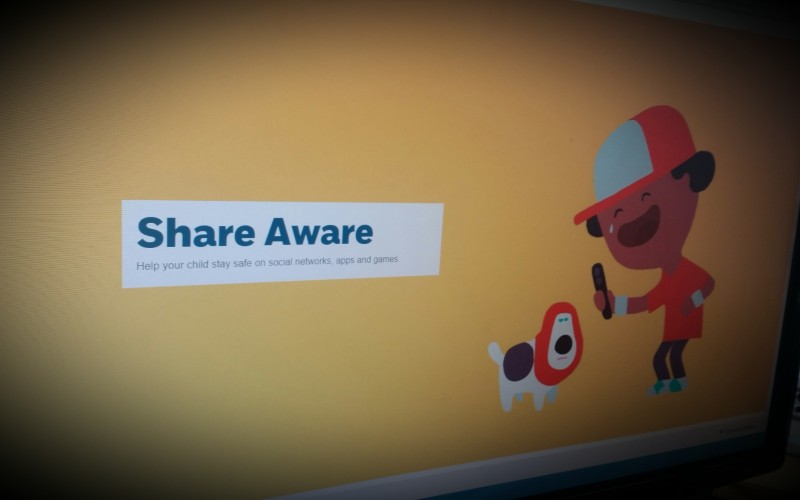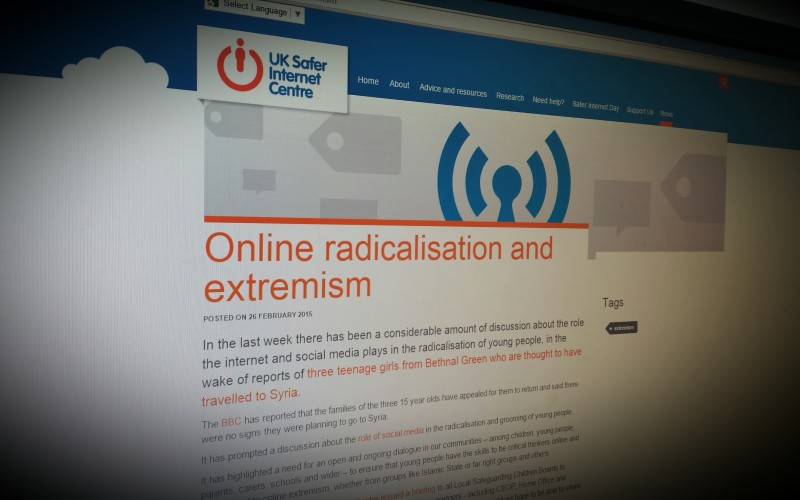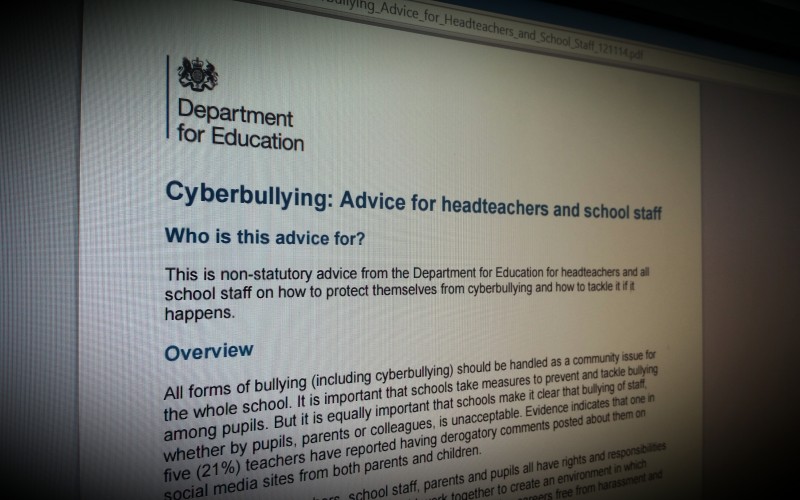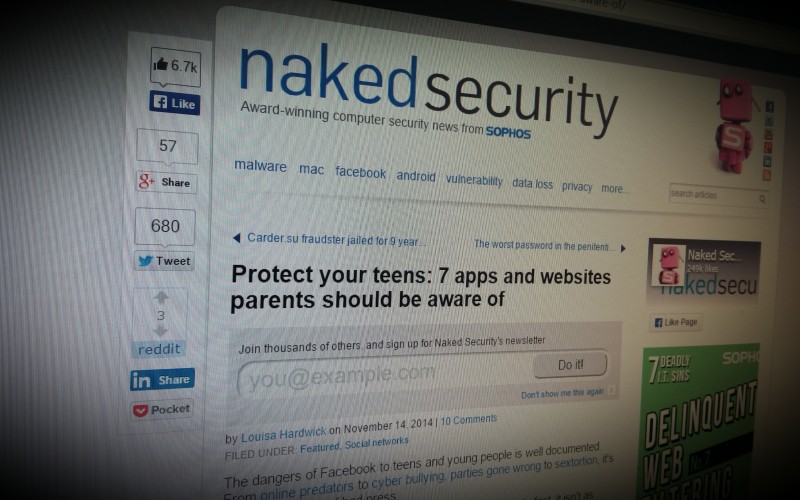On Friday 9 January, NSPCC launch a public education campaign, called Share Aware, to help parents keep their children safe online.
The campaign is aimed at parents and carers of children aged 8-12 – the age at which they start doing more online, become more independent and use a greater range of devices. The campaign aims to encourage parents and carers to understand online safety and to have conversations with their children about keeping safe.
The Share Aware campaign aims to give parents the tools to feel confident to have these conversations. The campaign directs parents to a range of new resources, including NetAware, a simple NSPCC guide to the social networks, sites and apps children use – as rated by parents and young people themselves. We will be providing information on this guide at the time of the launch.
There is also a downloadable guide and a hard copy booklet for parents, containing top tips for keeping your child safe online, as well conversation starters to help parents have conversations with their children.
The Share Aware resources can be accesed Here






Comments
make a comment